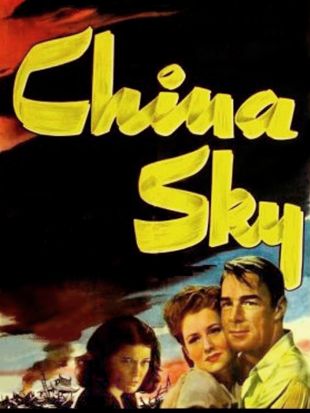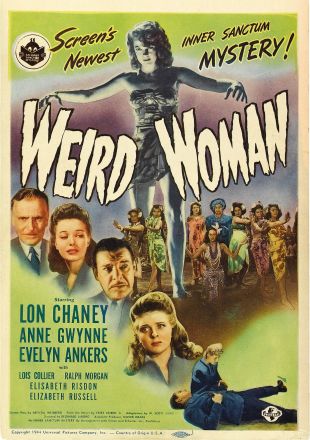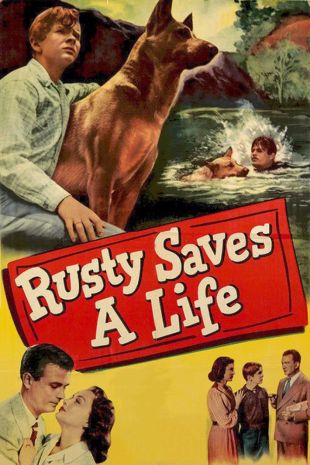Screenwriter Brenda Weisberg spent most of her dozen years in Hollywood at Universal, RKO, and Columbia, principally working on their respective B-picture offerings. And each of those studios got their money's worth and more from the Russian-emigre author, whose scripts ranged from the Little Tough Guys/Dead End Kids to horror films and small-town domestic dramas. Born Goldie Weisberg in Rovno in the Russian Empire (now part of the Ukraine) in 1900 (some sources say 1899), she came to the United States with her family and settled in Phoenix, Arizona when she was 18 years old. As a young girl, she had entertained aspirations as an actress, writer, and teacher, and she got to do all three in Phoenix. Her first published story was written in Hebrew, and according to a 1984 interview for the Arizona Jewish Historical Society, her English-language career began after she received a letter from H. L. Mencken at the American Mercury; through the intervention of a family friend, he had heard about her writing and expressed an interest in seeing her work. Her debut in the American Mercury led to a she began a lifelong career in writing that soon encompassed the stage as well -- in 1922, she helped found the Phoenix Little Theatre. And in the late 1930s, she moved to Hollywood and added screenwriting to her list of activities.
With a name change to Brenda Weisberg, she made her formal big-screen debut co-authoring the script for Little Tough Guy (1938), which established a new B-movie series at Universal built around actors Billy Halop, Huntz Hall, Bernard Punsly, and Gabriel Dell, who had previous been seen in the Dead End Kids movies at Warner Bros., as well as the original Dead End (1937). Little Tough Guy was surprisingly busy for a B-picture, filled with social commentary as well as considerable drama and character interaction, and quickly sketched, vividly drawn characters -- it was a gripping, often harrowing portrait of what it could be like to be a young man in the midst of the Great Depression in America. Although it is impossible to say with certainty what part of the script she wrote, one can guess -- based on her later work -- that Weisberg's immigrant origins allowed her to appreciate elements of American society, including its built-in injustices and general sharp edges, that were missed by native-born writers.
Weisberg wrote further entries in the resulting Little Tough Guys/Dead End Kids series, and was also pressed into service on some of Universal's B-movie horror and suspense offerings of the early 1940s, most notably The Mummy's Ghost (1944). Additionally, she provided the story for The Scarlet Claw (1944), which is generally regarded as the best (and most faithful to Conan Doyle) of all the original, "modern" stories in the Basil Rathbone/Nigel Bruce Sherlock Holmes series. During the second half of the 1940s, Weisberg moved over to RKO and Columbia Pictures -- at the latter studio, she worked on several entries in the "Rusty" series, about a boy (Ted Donaldson) and his dog. Those scripts were not only richly dramatic in their understated way, but also filled with topical content woven into their dialogue and action, especially My Dog Rusty, which alluded to all manner of post-World War II anxieties and problems, as well as offering a feminist angle on its story, all of it presented without breaking dramatic stride. Those scripts and their structure anticipated aspects of such television programming as Leave It To Beaver, and constituted virtual lessons in citizenship hidden within family-oriented comedy/dramas.
Weisberg spent much of the rest of her career working in Phoenix, where she was one of the leading theater educators and writers in the city's Jewish community. She married her brother-in-law Morris Meckler in 1952. She remained a vital force in the city's Jewish community and its cultural life into the 1980s, writing at least one acclaimed play and publishing an autobiography, Papa Was a Farmer, in 1988.


